11 tips for traveling in Russia on a low budget

1. Get a volunteer invitation
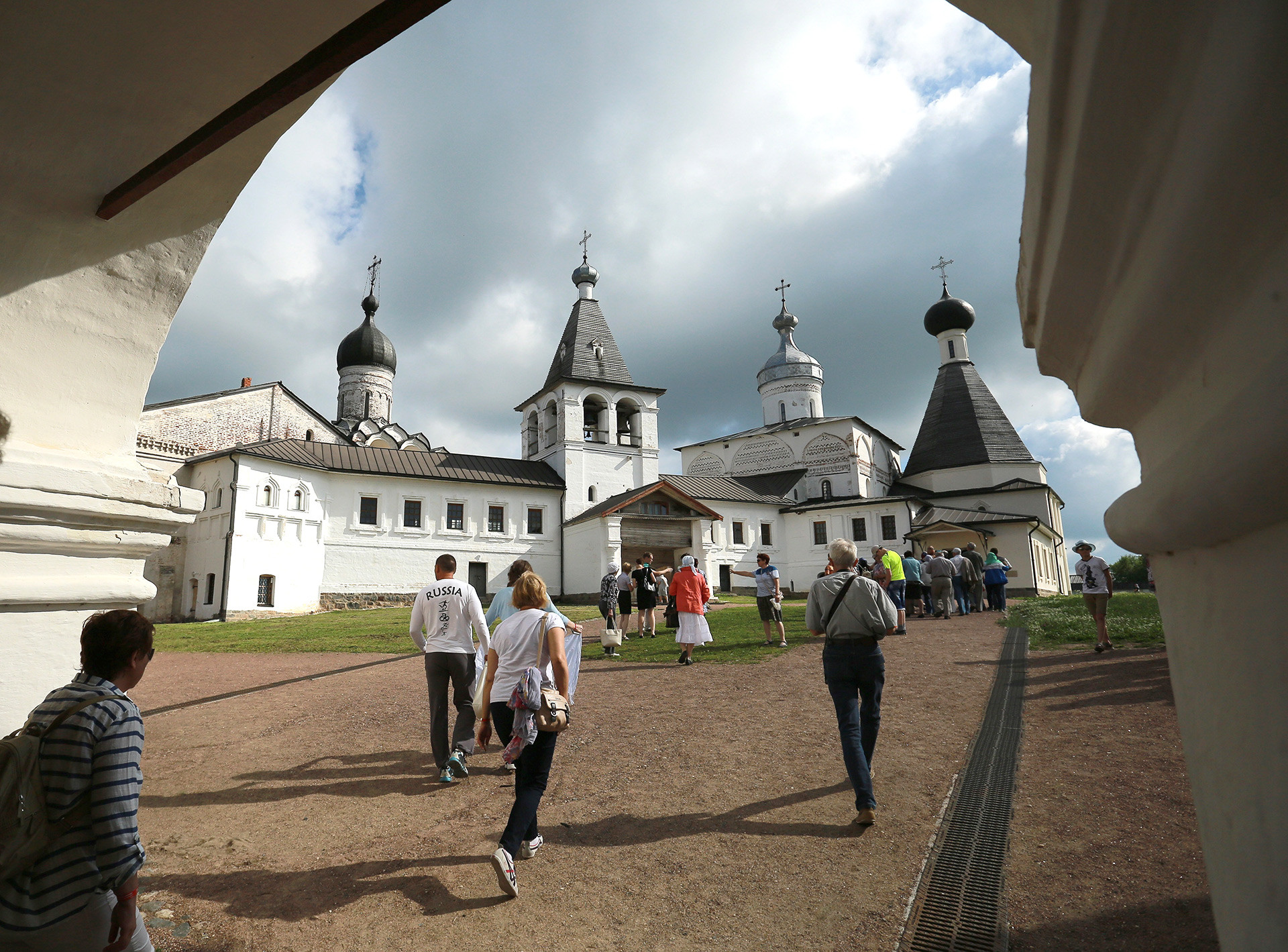
Ferapontov Monastery
Vladimir Smirnov/TASSLike people from all over the world, many Russians are open to volunteering in exchange for food, accommodation, and new experiences. There is, for example, the Help Exchange advertising service. Foreigners are invited as volunteers by small companies, families, children's camps, and even the Academy of Sciences (before the beginning of the archaeological season, for instance).
The conditions depend on the host but
2. Buy a tourist pass and save money
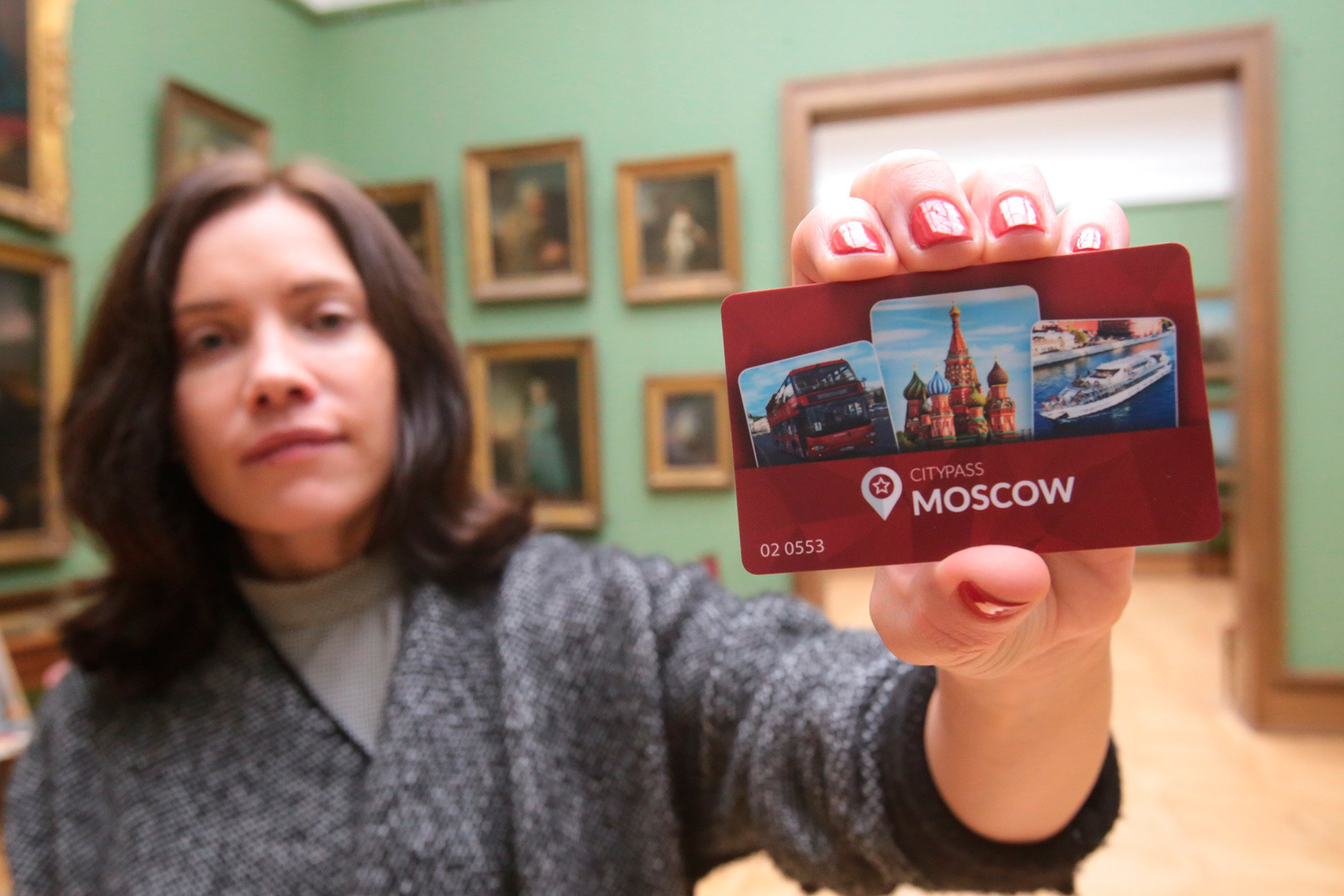
Russian tourist pass CityPass
Moskva AgencyThe Russian tourist pass CityPass (available in Moscow and St. Petersburg) offers free museum admissions and excursions, admission without queuing, river cruises, discounts for taxis and restaurants, unlimited calls within Russia, and many other benefits. It costs 3,500 rubles ($56.5) but it will save you much more.
3. Check for free admission days
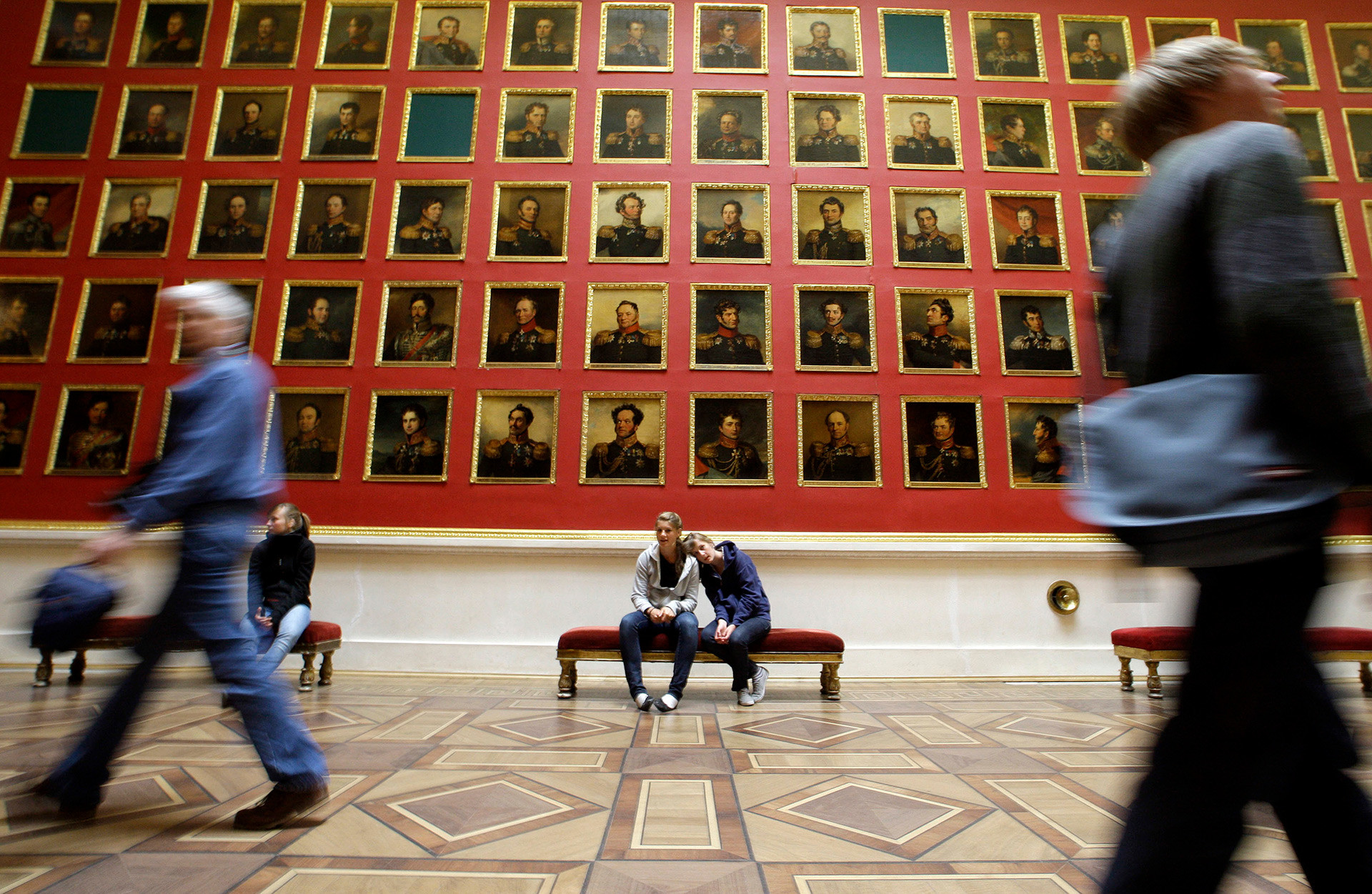
Every museum has free admission days.
ReutersYou can also save money without a tourist pass. "If you are not too shy, remember: In Russia, you can enter many museums and parks at the exits. Often exits are not guarded. [Note: Russia Beyond does not recommend trying to sneak into museums on the sly!] If you are not that pushy, bear in mind that every museum has free admission days," says
At the Hermitage in
4. Ask locals to buy you a ticket. And don't take an audio guide
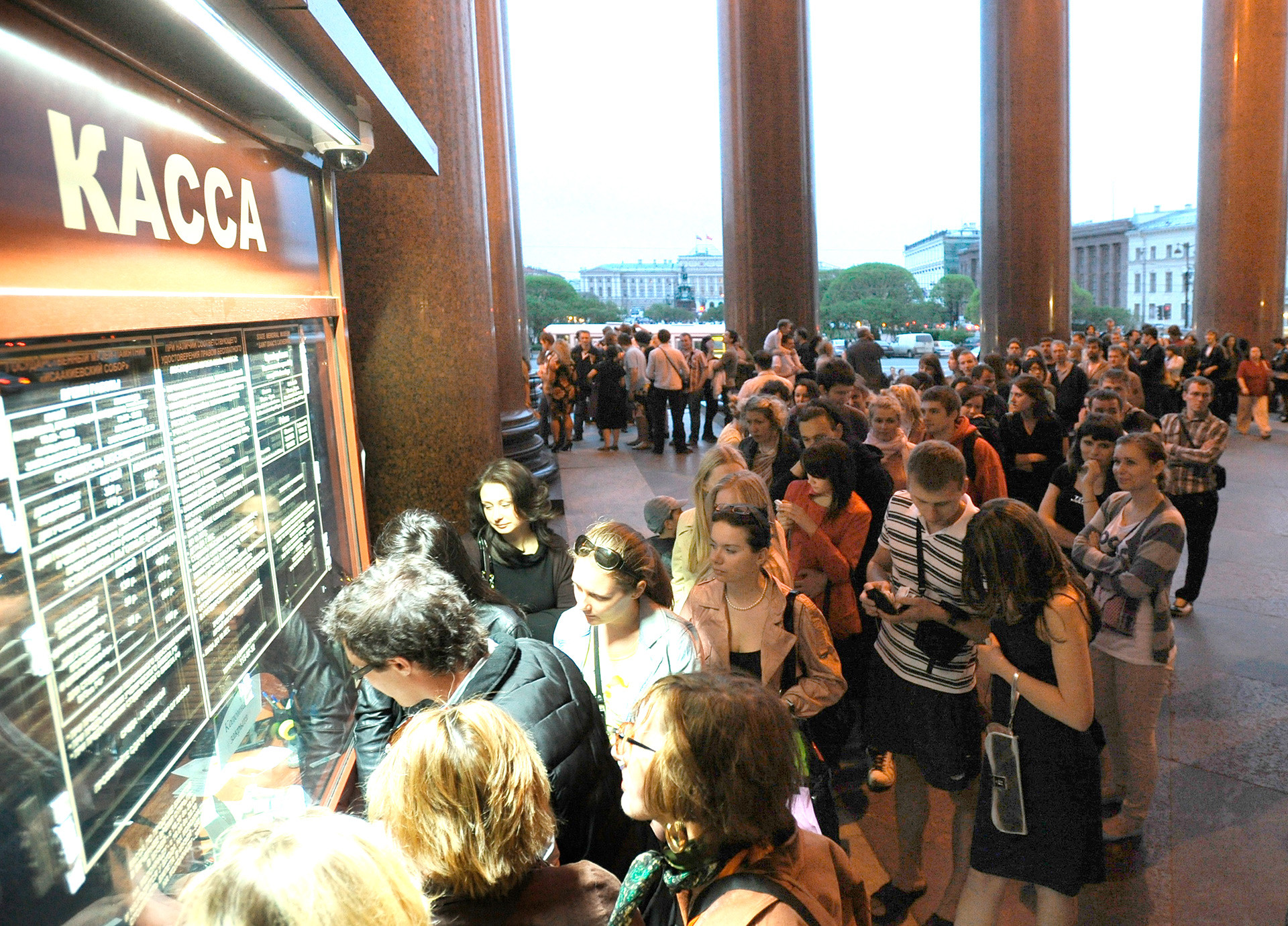
As a rule, tickets to museums and art galleries cost more for foreign nationals than locals.
Anna Sheveleva/TASS5. Eat at places with special offers

Canteens (cheap restaurants that serve homemade dishes) are a win-win option.
Alexander Novikov/Global Look Press"I had the following routine when traveling around Russia. In the morning I had breakfast in canteens attached to institutes or ordinary public canteens, which you can find on 2Gis [a multilingual digital service that has city maps and tells you how much the average bill in different eateries will be]. For lunch I would go to any place serving business lunches [many restaurants offer them between 12:00 and 17:00], giving preference to places with a high rating on Flump App [or its alternative Foursquare]. And for dinner I would use coupons from Groupon [now called Frendi, available only in Russian] - a sushi selection at a 50-percent discount is very filling and very tasty. Or on some evenings I cooked my own dinner buying food in a supermarket," Druganov says.
6. Take petrol cans with you

Top up your cans at the very start of the journey.
Alexey Kudenko/SputnikThe further east you go in Russia, the more expensive the petrol becomes. If you're traveling by car and intend to go from Moscow to Vladivostok, a petrol can will be your best traveling companion. Top up your cans at the very start of the journey (it is important they are metal ones), fill the boot with them, and use them towards the end of your trip.
7. The ‘month in advance’ and ‘happy Tuesdays’ rules
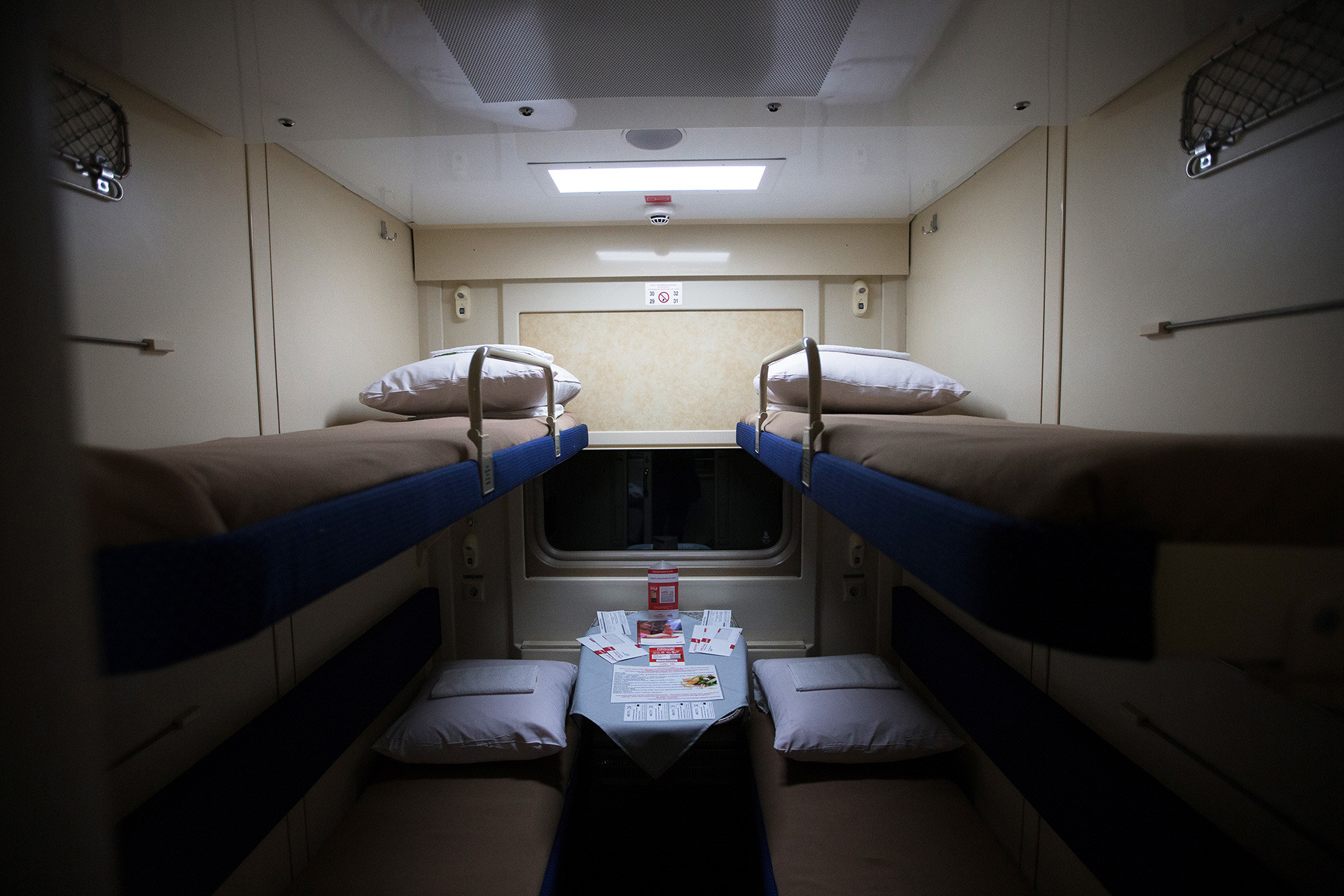
Russian Railways has discounts every Tuesday.
Igor Rusak/Sputnik"For short distances (less than nine hours) I always managed without bed linen (to keep the price down) and used a sleeping bag instead. By the way, as far as sleeper compartments are concerned, always choose seats 37/38, which will be in a two-berth compartment (instead of the usual four for the same price)," Druganov advises.
8. Use a low-cost airline
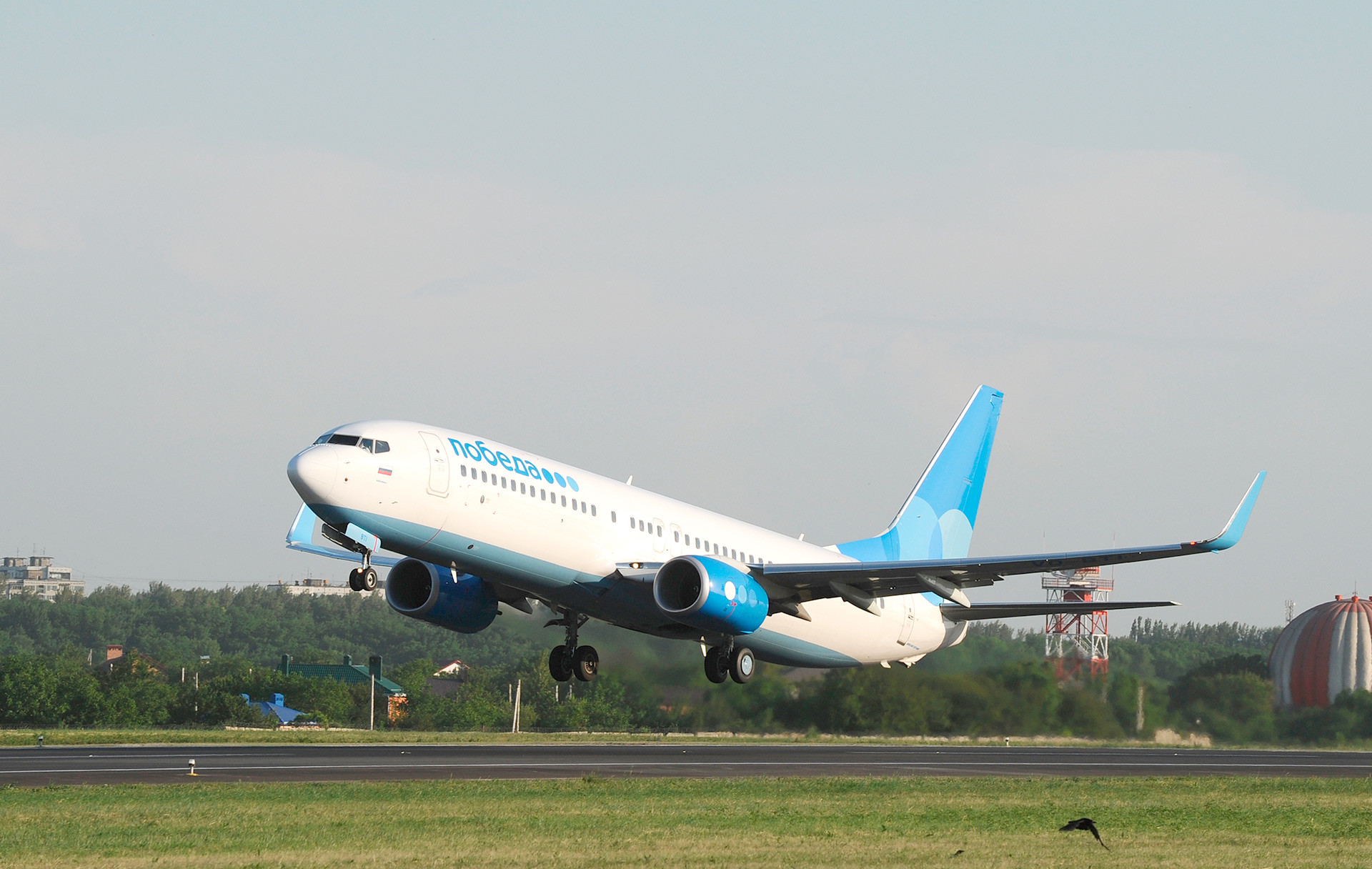
Russia has just one low-cost air carrier serving domestic routes - Pobeda.
Sergey Pivovarov/SputnikRussia has just one low-cost air carrier serving domestic routes - Pobeda. You can find tickets two or three times cheaper than with other airlines and fly to destinations in Russia for the price of a good meal in a restaurant. But you're going to have to travel very light. The airline charges a significant supplementary fee for baggage.
9. Get a 50 percent discount on the Sapsan high-speed train
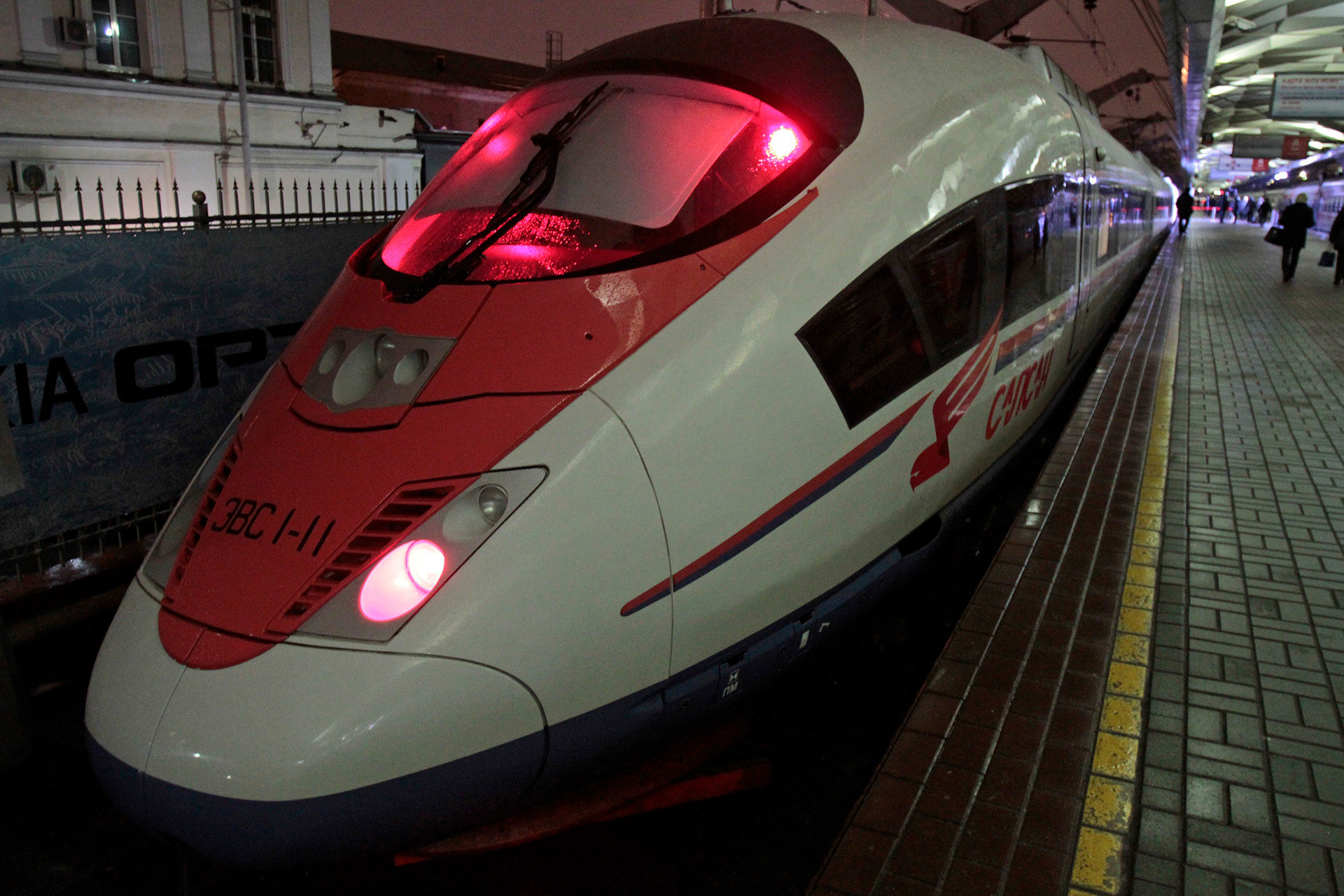
Three friends of yours can also get the same discount.
Moskva AgencySapsan is the high-speed train that can get you from Moscow to St Petersburg in four hours. If your birthday is next week or has just passed, you can get a 50-percent reduction in the fare. Three friends of yours can also get the same discount. The only thing is you can't book the tickets ahead - they are available no more than seven days before your birthday and seven days after (and only in railway ticket offices, not online). There’s also a 50-percent discount for newly-weds. Don't forget to bring your original marriage certificate.
10. Leave the train wherever you want
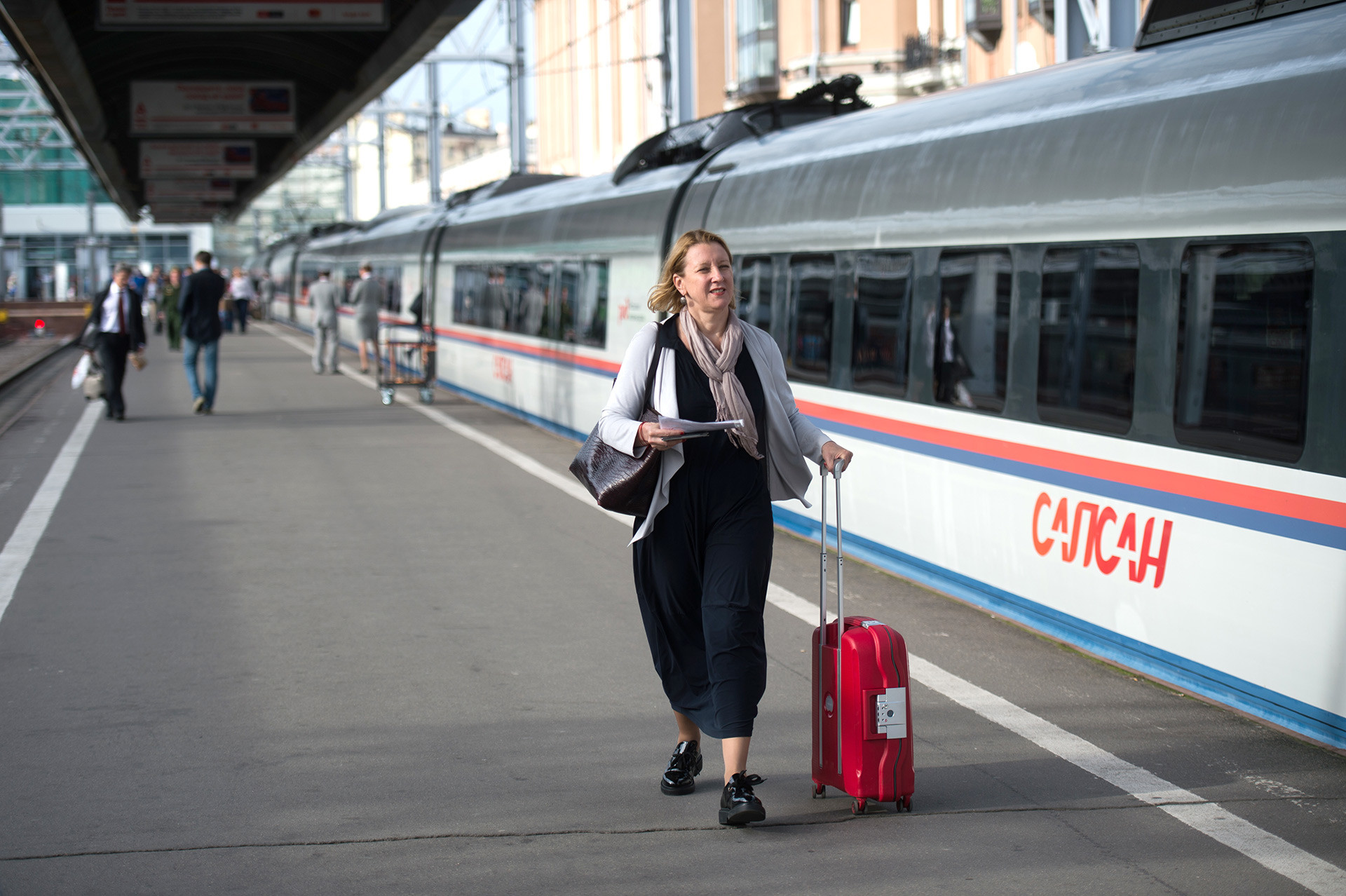
You can remain in your stop-off destination for up to 10 days in the knowledge that your ticket will remain valid.
Evgeny Biyatov/Sputnik11. Don't try to hitch a lift with a sign saying where you're going

It is best to forget about holding a sign displaying your intended destination.
PixabayHitchhiking is perfectly doable in Russia. But it is best to forget about holding a sign displaying your intended destination. In
"If my sign says ‘Yekaterinburg’ and a passing driver is going to within 20-30 km of Yekaterinburg, he won't stop. He'll simply think it's not worth giving you a lift because he won't be able to take you all the way. Another driver might be going all the way to Yekaterinburg, so he'll take you... That is what they'll be thinking and it is why they will drive straight past you," says experienced hitchhiker Anya.
Another option, which takes away the uncertainty, is to use the BlaBlaCar carpooling service. You look for people heading to the same destination and chip in for petrol.
If using any of Russia Beyond's content, partly or in full, always provide an active hyperlink to the original material.
Subscribe
to our newsletter!
Get the week's best stories straight to your inbox